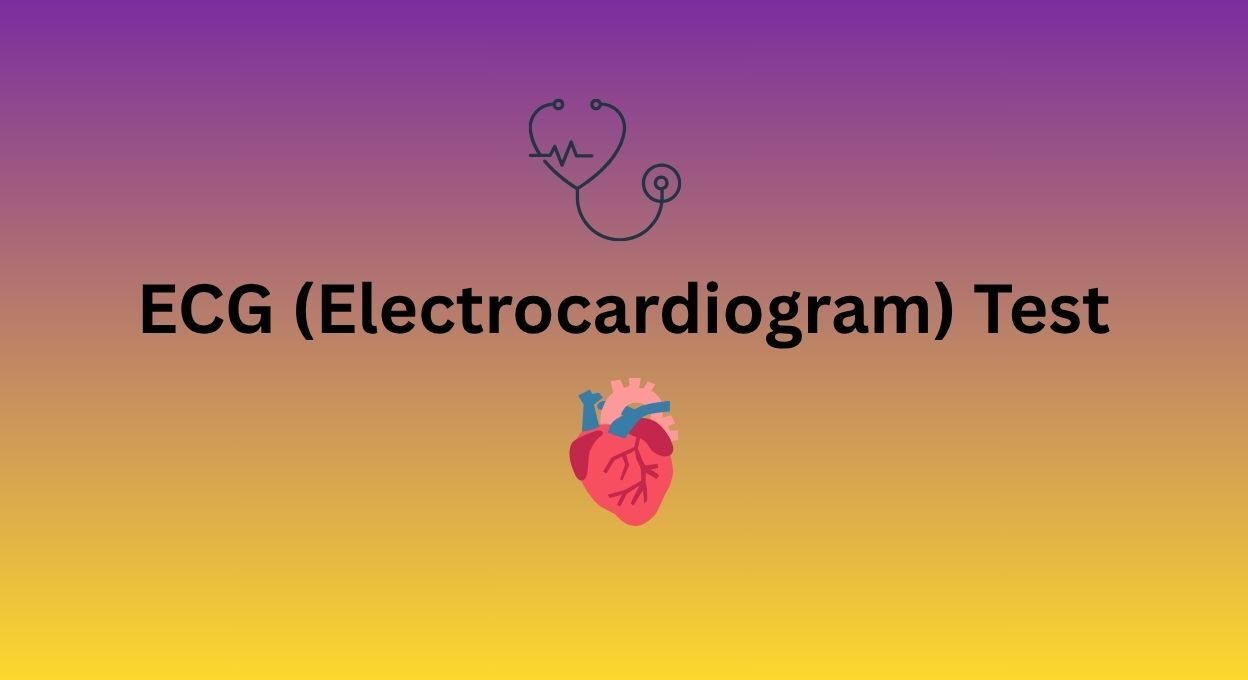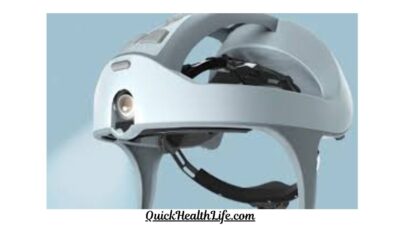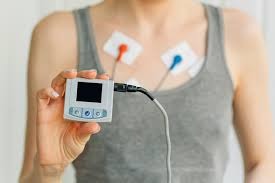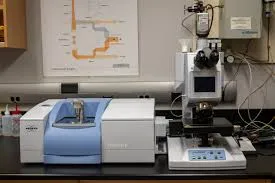An electrocardiogram (ECG or EKG) is one of medicine’s most essential heart tests—a painless, 10-minute procedure that can detect life-threatening heart conditions. Whether you’re experiencing palpitations, chest pain, or dizziness, an ECG provides critical insights into your heart’s electrical activity.
What Is an ECG (Electrocardiogram)?
An ECG is a non-invasive test that records your heart’s electrical signals using small electrode patches placed on your chest, arms, and legs. It helps diagnose:
✅ Arrhythmias (irregular heartbeats)
✅ Heart attacks (past or present)
✅ Blocked or narrowed arteries
✅ Effectiveness of pacemakers/heart medications
Table of Contents
Where Are ECGs Done?
- Hospitals & clinics
- Ambulances (for emergencies)
- At home (via Holter monitors or smartwatches)
What Is an ECG Machine?
An ECG machine detects and records the electrical impulses generated by the heart. It displays these signals as waveforms (P, QRS, T waves), which doctors analyze to assess heart health.
Key Components of an ECG Machine
- Electrodes – Sticky sensors placed on the chest, arms, and legs.
- Amplifier – Boosts weak heart signals for clear recording.
- Display/Printer – Shows real-time ECG tracings or prints results.
- Software – Analyzes heart rate, rhythm, and abnormalities.
Who Needs an ECG? Key Symptoms & Risk Factors
You may need an ECG if you experience:
- Chest pain or discomfort
- Heart palpitations (skipping, fluttering, racing)
- Shortness of breath
- Dizziness or fainting
- Fatigue with minimal exertion
High-Risk Groups Who Should Consider ECG Screening
- Family history of heart disease
- High blood pressure or diabetes
- Smokers & those with high cholesterol
- People over 40 (routine check-ups)
Types of ECG Tests Compared
| Type | How It Works | Duration | Best For |
|---|---|---|---|
| Standard ECG | Quick test in clinic | 5-10 mins | Detecting arrhythmias, heart attacks |
| Holter Monitor | Portable ECG worn 24-48 hrs | 1-2 days | Intermittent symptoms |
| Event Monitor | Records when symptoms occur | Up to 30 days | Rare palpitations |
| Smartwatch ECG | On-demand heart rhythm check | As needed | Early AFib detection |
Note: Smartwatch ECGs (like Apple Watch or KardiaMobile) are not diagnostic tools but can help flag irregularities.
What to Expect During an ECG
Before the Test
- No special preparation needed
- Avoid oily skin products (can interfere with electrodes)
- Wear a loose shirt for easy access
During the Test
- You lie down on a table.
- 10-12 sticky electrodes are placed on your chest, arms, and legs.
- The machine records electrical signals (takes 5-10 minutes).
- You must stay still & avoid talking for accurate results.
After the Test
- Electrodes are removed (may feel like pulling off a bandage).
- You can resume normal activities immediately.
- Results are usually discussed the same day or at a follow-up.
Understanding ECG Results
An ECG measures:
1. Heart Rate (Beats Per Minute)
- Normal: 60-100 bpm
- Too Slow (Bradycardia): <60 bpm
- Too Fast (Tachycardia): >100 bpm
2. Heart Rhythm
- Normal: Regular pattern (sinus rhythm)
- Abnormal:
- Atrial Fibrillation (AFib) (irregular, rapid beats)
- Ventricular Tachycardia (life-threatening fast rhythm)
3. Signs of a Heart Attack
- ST Elevation (STEMI): Emergency blockage
- Non-STEMI: Partial blockage
4. Structural Abnormalities
- Enlarged heart chambers
- Previous heart damage (scarring)
Note: An abnormal ECG doesn’t always mean heart disease—further tests (like an echocardiogram or stress test) may be needed.
FAQ’s About ECG
1. Can an ECG detect a blocked artery?
Yes, but not always. An ECG can show signs of reduced blood flow (like in a heart attack), but a CT angiogram or stress test is better for blockages.
2. How accurate are smartwatch ECGs?
They’re good for detecting AFib but not reliable for heart attacks. Always confirm with a medical ECG.
3. What’s the difference between ECG and EKG?
None—they’re the same test. “ECG” (British) and “EKG” (German) are both correct.
4. Can anxiety affect ECG results?
Yes! Anxiety can cause sinus tachycardia (fast heart rate), but it’s usually harmless.
5. How often should you get an ECG?
- Ages 20-40: Only if symptoms occur
- Ages 40+: Every 1-2 years if high-risk



